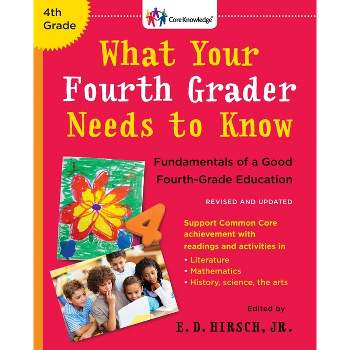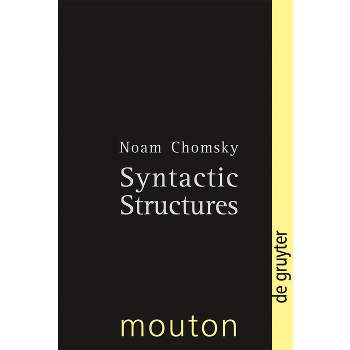About this item
Highlights
- The first work to connect Noam Chomsky's linguistic and political thought, offering important insight into the philosophical foundations of his worldview "A subtle and scrupulous look at some of the most interesting work done in our time on language and mind.
- About the Author: Noam Chomsky is the Institute Professor and a professor of linguistics, emeritus, at the Massachusetts Institute of Technology.
- 128 Pages
- Political Science, History & Theory
Description
About the Book
From interpreting the world to changing it, this book is a synthesis of Chomsky's early work on philosophy, linguistics, and politics.Book Synopsis
The first work to connect Noam Chomsky's linguistic and political thought, offering important insight into the philosophical foundations of his worldview "A subtle and scrupulous look at some of the most interesting work done in our time on language and mind." --George Steiner, The New York Times Book Review Originally delivered in 1971 as the first Cambridge lectures in memory of Bertrand Russell, Problems of Knowledge and Freedom is a masterful and cogent synthesis of Noam Chomsky's moral philosophy, linguistic analysis, and emergent political critique of America's war in Vietnam.
In the first half of this wide-ranging work, Chomsky takes up Russell's lifelong search for the empirical principles of human understanding, in a philosophical overview referencing Hume, Wittgenstein, von Humboldt, and others. In the following half, aptly titled "On Changing the World," Chomsky applies these concepts to the issues that would remain the focus of his increasingly political work of the period--his criticisms of the war in Southeast Asia and the Cold War ideology that supported it, of the centralization of U.S. decision-making in the Pentagon and the growing influence of multinational corporations in those circles, and of the politicization of American universities in the post-World War II years, as well as his analyses of the Cuban Missile Crisis and Nixon's foreign policy.
Review Quotes
"A subtle and scrupulous look at some of the most interesting work done in our time on language and mind." --George Steiner, The New York Times Book Review "The first time Chomsky has joined his linguistic and political writings under one cover." --America
About the Author
Noam Chomsky is the Institute Professor and a professor of linguistics, emeritus, at the Massachusetts Institute of Technology. A world-renowned linguist and political activist, he is the author of numerous books, including On Language: Chomsky's Classic Works Language and Responsibility and Reflections on Language; Understanding Power: The Indispensable Chomsky, edited by Peter R. Mitchell and John Schoeffel; American Power and the New Mandarins; For Reasons of State; Problems of Knowledge and Freedom; Objectivity and Liberal Scholarship; Towards a New Cold War: U.S. Foreign Policy from Vietnam to Reagan; The Essential Chomsky, edited by Anthony Arnove; and On Anarchism, and a co-author (with Ira Katznelson, R.C. Lewontin, David Montgomery, Laura Nader, Richard Ohmann, Ray Siever, Immanuel Wallerstein, and Howard Zinn) of The Cold War and the University: Toward an Intellectual History of the Postwar Years and (with Michel Foucault) of The Chomsky-Foucault Debate, all published by The New Press. He lives in Lexington, Massachusetts.










